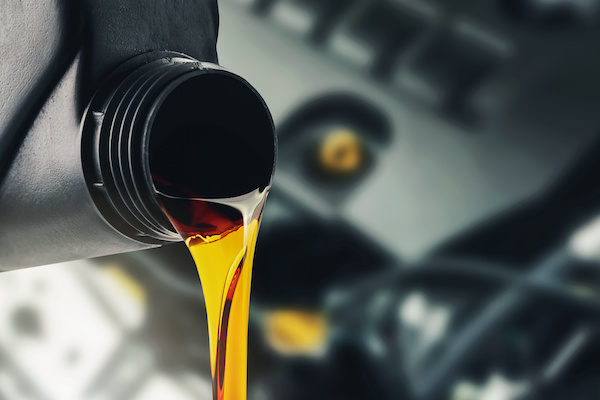
When it comes to your vehicle maintenance, an oil change should be at the top of the list. It is the most frequent service that your car needs. Motor oil enables the various parts of your engine to run seamlessly without bumping together or reaching extreme temperatures. Unfortunately, numerous misconceptions have invaded general knowledge when it comes to oil changes. Here are five widespread misunderstandings concerning oil changes:
1) Dark Oil Is Bad and Should Always Be Replaced
It would help if you didn't rely on the color of the oil to determine if it is dirty or clogged. Some oils turn dark as soon as the additives kick in. However, gritty or grainy oil is considered polluted. If you notice that it is contaminated, it needs to be changed promptly.
2) You Should Always Get Your Oil Changed Every 3,000 Miles
While you may correlate the term "every 3,000 miles" with oil changes, it's not always necessary to follow this rule. Some high-quality oils can last you as long as 8,000 to 10,000 miles between each oil change. The most dependable source you can rely on is your owner's manual for how often you should get an oil change.
3) You Can Not Switch Between Synthetic and Conventional Oil
You can switch back-and-forth between synthetic and conventional oil. If you have concerns about switching, opt for a synthetic blend first to test the waters. Synthetic blend engine oil is a mix of traditional motor oil and synthetic oil.
4) Synthetic Oil Cause Leaks
Synthetic oil was first introduced in the 70s, and leaks were more common when they first hit the market. Due to the lack of testing, synthetics caused damage and premature wear to seals and gaskets. This result no longer holds true in the present day. With modern research and technology, synthetic formulas have evolved to be superior at protecting your engine and its essential components. Synthetic oils can withstand the highest temperatures.
5) All Oil Additives are the Same
Different oil additives are chemically engineered for various purposes. While some oil additives protect different engine parts and help sustain performance in high pressures, other additives extend the service life of older engines and maximize fuel economy.
We are glad that we can finally put some of these common oil myths to rest. If you are due for an oil change soon, we welcome you to bring your vehicle to Bud's Auto Repair & Transmission.